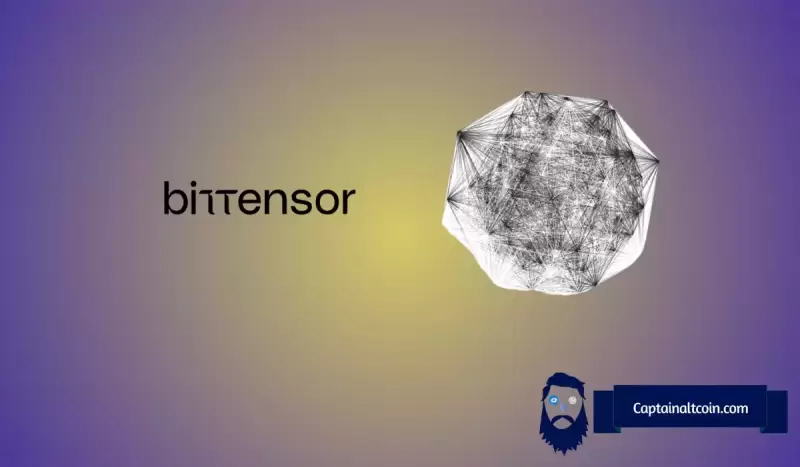 |
|
 |
|
 |
|
 |
|
 |
|
 |
|
 |
|
 |
|
 |
|
 |
|
 |
|
 |
|
 |
|
 |
|
 |
|
加密貨幣新聞文章
Quantum Computing Resurfaces as a Growing Risk for Bitcoin's Long-Term Resilience
2025/01/09 12:30

Rapid advancements in quantum computing technology have sparked renewed concerns within the cryptocurrency sector, particularly regarding the long-term resilience of proof-of-work (PoW) blockchains like Bitcoin.
On-chain data analytics platform CryptoQuant recently highlighted these risks in a series of posts on X, focusing on two critical aspects: Bitcoin mining security and private key vulnerabilities.
As quantum technologies progress, both present significant challenges to the cryptocurrency landscape.
Quantum Threats to Bitcoin Mining and Network SecurityBitcoin's PoW system relies heavily on computational power to validate transactions and secure the network. The SHA-256 hash function, central to Bitcoin mining, currently ensures strong security by making it extremely difficult for malicious actors to tamper with the blockchain.
However, CryptoQuant warns that quantum algorithms, particularly those leveraging advanced algorithms like Grover's, could substantially "accelerate hash-solving processes."
If quantum computers become capable of outperforming classical mining hardware in this aspect, it could drastically alter the power dynamics in mining.
Quantum-equipped miners would gain a significant advantage in block validation, potentially leading to a scenario where they dominate the mining process. Such an occurrence would not only disrupt network consensus but also compromise Bitcoin's decentralized structure.
To mitigate these risks, CryptoQuant emphasizes the importance of maintaining a significant share of non-quantum computing hash power in the network. A diverse and healthy mining ecosystem would ensure that no single entity, whether quantum or otherwise, can gain disproportionate control.
This aligns with the decentralized ethos of Bitcoin and ensures its long-term resilience in the face of evolving technological advancements.
As quantum computing continues to advance, it remains crucial for stakeholders, including miners, developers, and the broader crypto community, to closely monitor these developments and take necessary steps to secure the Bitcoin network.
Private Key Security: Vulnerabilities And AdaptationsBeyond mining, quantum computing also presents risks to the security of private keys used in cryptocurrencies like BTC. The Bitcoin network utilizes cryptographic systems to secure wallets and transactions, with public and private keys forming the basis of ownership.
According to CryptoQuant, Shor’s Algorithm could theoretically enable quantum computers to deduce private keys from public keys, thereby rendering cryptographic systems used in Bitcoin vulnerable.
Particularly at risk are Pay-to-Public-Key (P2PK) addresses, where the public key directly serves as the wallet address. In contrast, Pay-to-Public-Key-Hash (P2PKH) addresses provide an additional layer of security by hashing public keys.
However, when BTC from these addresses is transferred, the public key is exposed, increasing susceptibility to quantum attacks. CryptoQuant also observed a notable increase in P2PKH address usage, rising by 14% in recent months.
While the exact cause of this shift is unclear, it suggests heightened awareness and caution among Bitcoin holders regarding quantum vulnerabilities.
免責聲明:info@kdj.com
所提供的資訊並非交易建議。 kDJ.com對任何基於本文提供的資訊進行的投資不承擔任何責任。加密貨幣波動性較大,建議您充分研究後謹慎投資!
如果您認為本網站使用的內容侵犯了您的版權,請立即聯絡我們(info@kdj.com),我們將及時刪除。
-

- PALADININGING CLOUD採礦服務提供商在人群中脫穎而出,成為XRP投資者的最佳選擇
- 2025-04-12 08:05:13
- 通過使用新的能源供應,礦工可以減少日常運營中的能源消耗並賺取更多利潤
-

-

-

- Veil Syndrax評論 - Elon Musk使用它嗎?
- 2025-04-12 08:00:13
- 面紗綜合徵在交易機器人場景中具有不同的角度,使用戶跨越交易所交易,發現效率低下并快速行動。
-

- 您是否在忽略即將進入星際的下一個模因硬幣?
- 2025-04-12 07:55:14
- 從Discord聊天到Reddit線程,搜索正在為下一個大型模因項目加熱,該項目可能會將休閒的加密粉絲變成成熟的傳奇。
-

-

-

-






























































